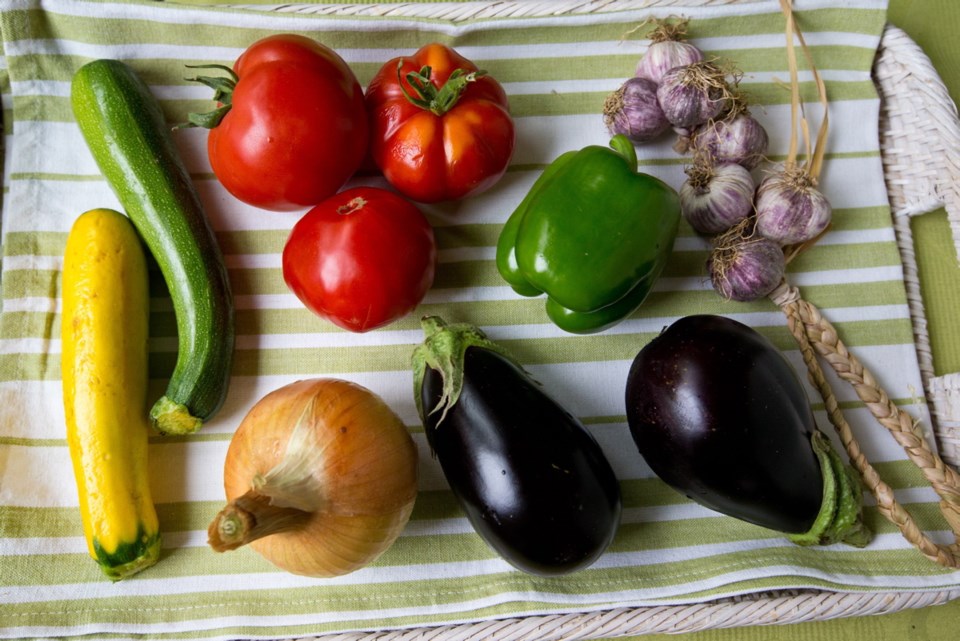We eat when we’re stressed. You know this from your lurching, cursing effort to (deep breath, don’t exhale) pull on the jeans that used to fit five months and 15 pounds ago.
But wait, says Jim Swaffield, it’s more nuanced than that. We eat a certain type of food under a certain type of psychological stress — that is, we reach for sugary, fatty and similar stuff when we’re stewing about money.
The bottom line for your bottom? Your pandemic pants might burst at the seams. Swaffield, a consumer psychology researcher, warns the current crisis could drive up obesity rates, particularly among those who have lost their jobs.
This is intriguing. Swaffield, who splits time between 91ԭ�� Island University and the University of Alberta, is co-author of a stress-eating study to be published in the journal Evolution, Mind and Behaviour in August. It expands on a similar study he published in 2015.
That latter effort found — and this is an oversimplification — that the more comfortable people are in their environmental conditions, the more likely they are to prefer foods such as fruits, vegetables, rice and yogurt over high-energy, dense foods like steak, bacon, bread, candy, butter, cheese and chocolate.
The newest study breaks it down further, measuring participants’ reactions to three specific types of stress: their physical safety, their social support networks and their finances. What it indicated was that while appetite actually drops when people are seriously fretting about the first two, it’s the third one that causes people to not only overeat, but to grab the dense high-energy food.
“It’s financial stress that has the biggest impact on our eating behaviour,” Swaffield says. “It’s not the other stresses.”
This is important if there is to be a solution to the obesity problem, Swaffield says. “If we really want to help people, we have to identify the cause.” He balks at the much-touted theory that mass marketing is to blame. “Everybody wants to believe it’s advertising that drives the obesity epidemic.” He doesn’t buy that. Skinny people watch ads, too.
If economic stress is the key, it could explain why obesity rates are higher among poorer people, Swaffield says. (And no, he says, the difference can’t be explained away by the varying cost of food; fruit and veggies are generally cheaper than steak, pastries and bacon.) He says the connection to economic stress could also explain why there’s more obesity among women; they’re generally more attuned than men to changes in environmental conditions. (Testosterone is associated with lower sensitivity, he says, a statement that will doubtlessly have many women nodding in agreement.)
How Swaffield and his co-author, Qi Guo, went about gauging all this was interesting. Participants in the study were first asked to react to images of 30 types of food. Then, depending on which group they were in, they were presented with either a “harsh” or “safe” scenario relating to those three types of stress. Then they were asked to rate the desireability of the various types of food again. That’s where the link between economic stress and wolfing down cheese, chocolate and whatnot showed up.
Maybe there’s something primal at work, the perception of danger triggering an impulse to load up on calories. Or maybe we just lose our grip when a once-in-a-lifetime (we hope) steamroller such as the coronavirus threatens our financial future.
In any case, it’s now evident that we don’t have to actually catch COVID-19 to be affected by it. Whether the Quarantine 15 is real or an exaggeration, and whether the phenomenon is down to financial stress or not, we’re trending tubbier. In June, a Research Co. poll reported that one third of British Columbians said they had taken on weight during the lockdown (though only three per cent said they had packed on “a lot”). In May, a U.K. survey showed half of Britons had gained weight while huddled at home. U.S. news sites are positively larded (as it were) with stories of pandemic poundage.
It raises the question of whether some weight gain is caused by stressing out over non-stop stories about gaining weight — but that can wait for another study.



